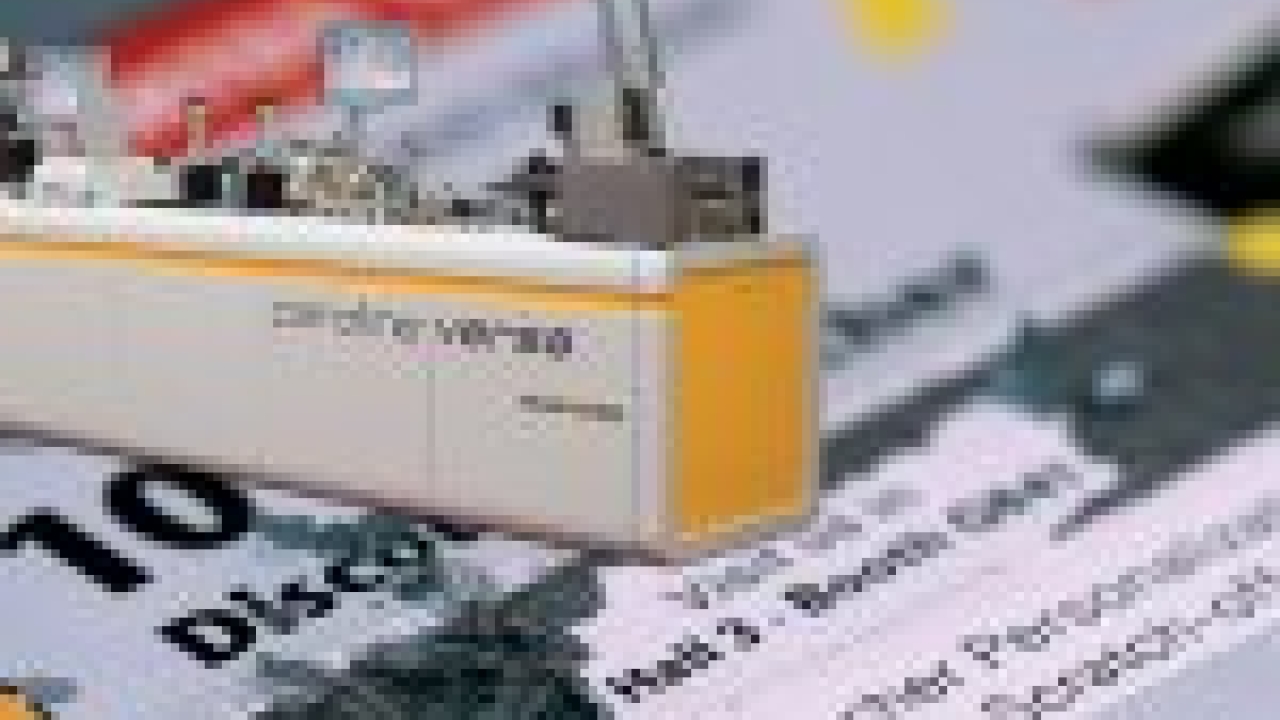Torraspapel improves quality of waste water

Complying with the stringent European regulations on water quality, Torraspapel, part of the Lecta Group, has substantially improved the quality of the waste water discharged into the environment, obtaining values below the legally established limits and far below the industry average.
The main parameters that measure the quality of water returned to the environment are its Chemical Oxygen Demand (COD) and Total Suspended Solids (TSS).
Chemical Oxygen Demand is the amount of oxygen required to fully decompose the organic compounds in the water by means of a chemical reaction; the greater the demand, the less oxygen is left for other living organisms in the river or sea in which the effluent is discharged. In the last five years, Torraspapel has reduced the COD values of its discharges, achieving a reduction of approximately 50 percent in the manufacture of both pulp and paper, dropping from 16.3 to 8.4 COD per ton of pulp manufactured and from 2.2 to 1.1 COD per ton of paper manufactured.
Suspended solids are traces of chemical pulp and minerals. These tiny particles can decrease the amount of sunlight that penetrates into the water in which the waste water is discharged. The suspended solids discharged by Torraspapel per ton of paper produced have been reduced by 50 percent, from 0.52 TSS in 2002 to 0.26 TSS in 2006.
Since 2001, 100 percent of the pulp manufactured by Torraspapel is ECF (Elementary Chlorine Free). By eliminating chlorine gas in the bleaching sequence, the company eliminates dioxins from the waste-water discharged, substantially improving its quality.
This achievement is part of Torraspapel’s efforts to minimize the environmental impact of its operations.
Stay up to date
Subscribe to the free Label News newsletter and receive the latest content every week. We'll never share your email address.
